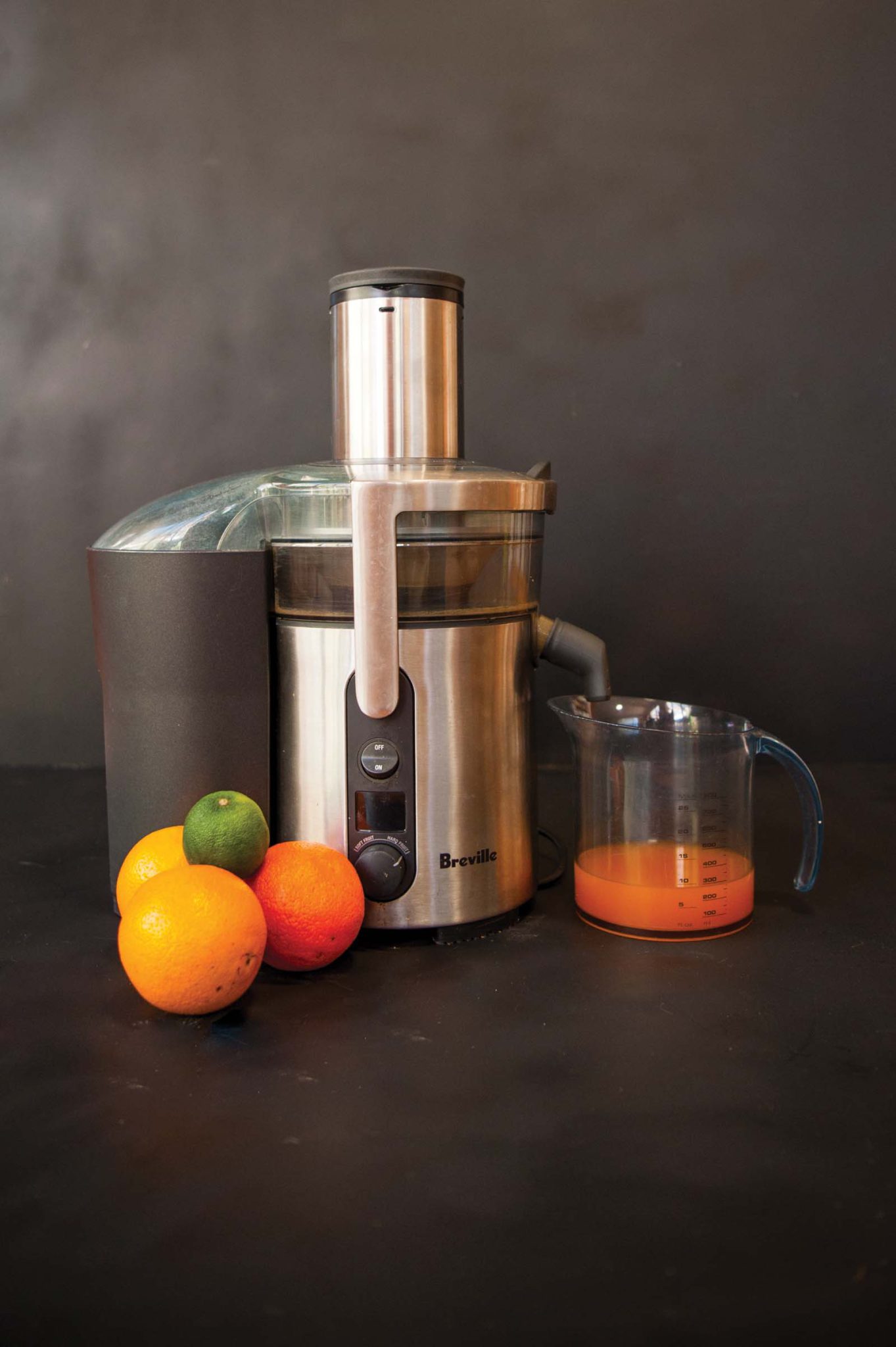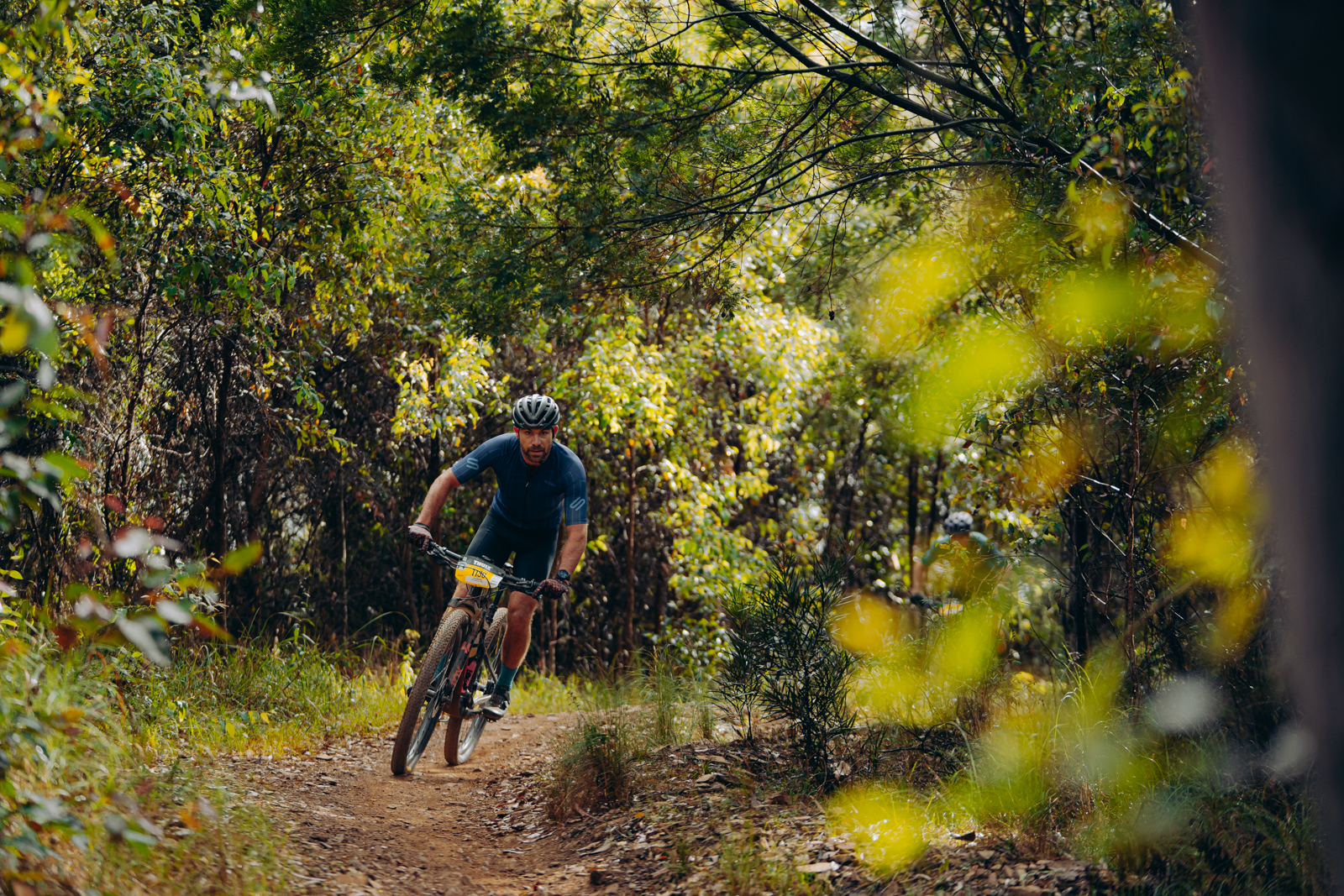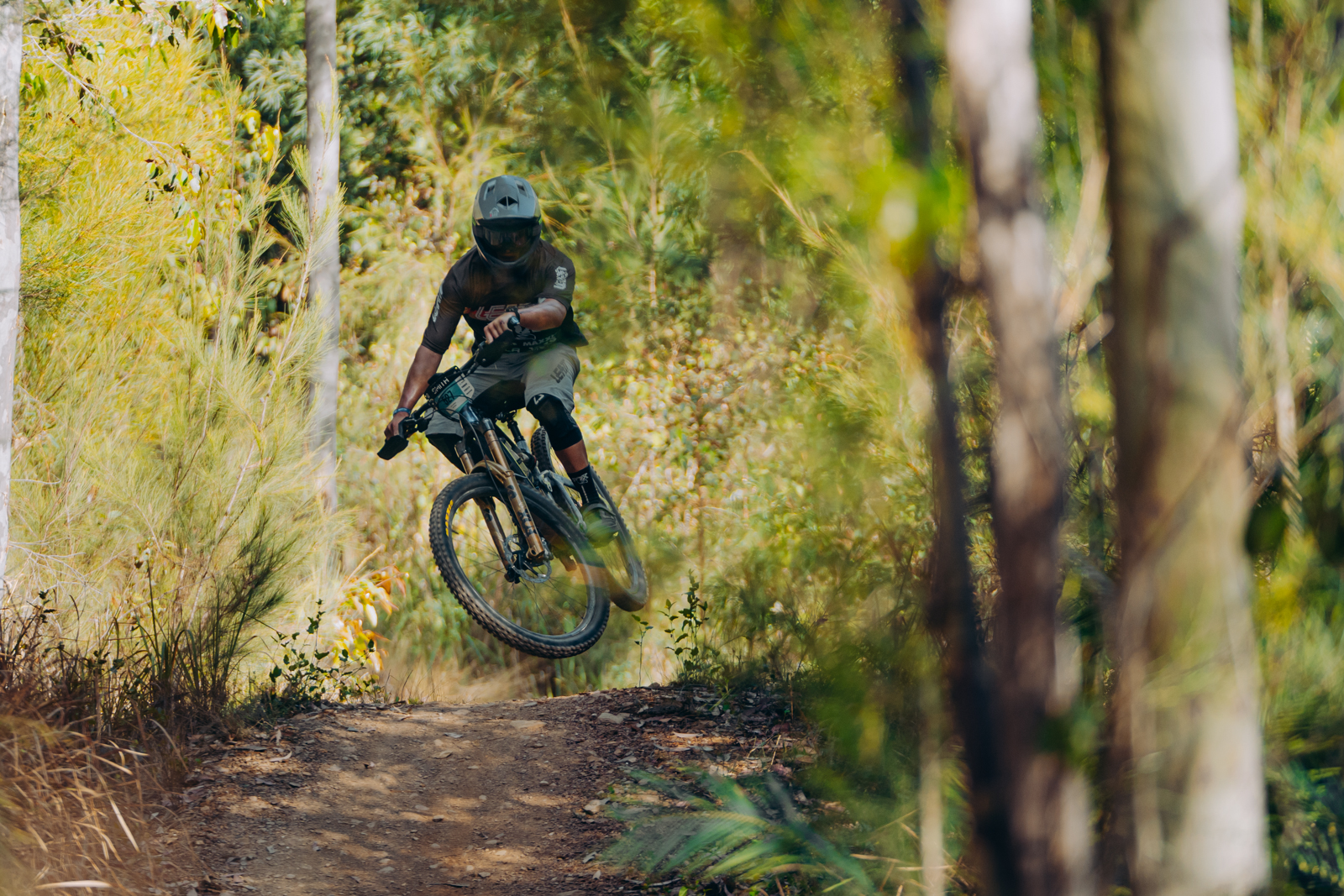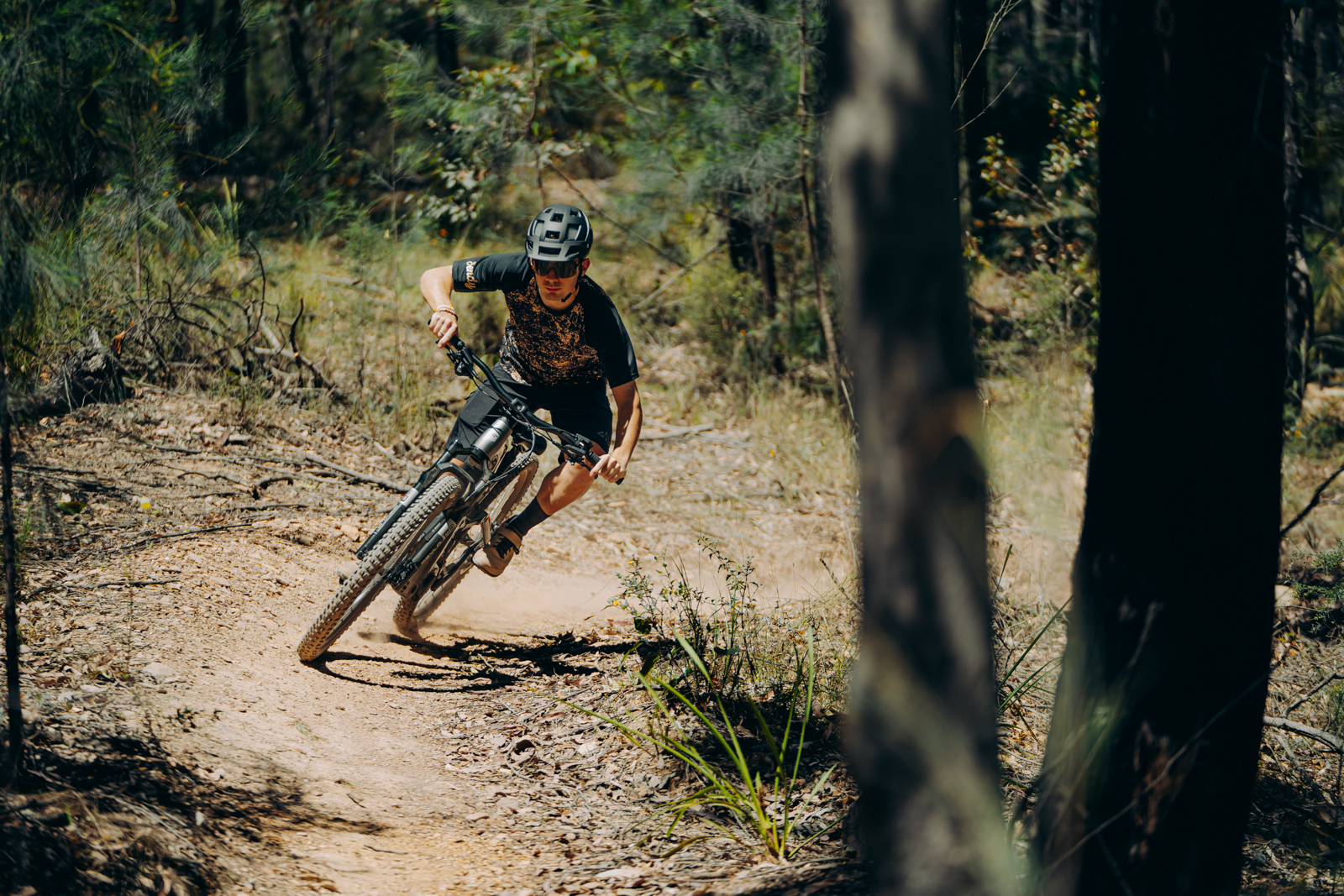Should you be juicing?
To juice or not to juice, that is the question! Accredited dietitian Zoe Wilson gives you the low-down on everything you wanted to know about fruity drinks.
Words: Zoe Wilson Photos: Robert Conroy
Juice and juicing is currently bathed in the warm glow of a giant golden halo of detoxing, weight loss and general health benefits. But is it really worth adding juice into your daily routine? And how does it fit in with performance? Finally, how do you choose?
Zoe Wilson, Accredited Practising Dietitian, gives you the low-down by answering some common questions about juice.
Fruit is healthy, so fruit juice must be healthy, right?
Fruit contains a range of vitamins, minerals and antioxidants, including vitamin C, potassium, beta-carotene and fibre. Pure fruit juice is rich in the same nutrients as fruit with one exception: it lacks fibre. Fibre is one nutrient that helps to fill us up so without the fibre, it’s much easier to drink a huge amount of fruit, than to eat it. Without the satisfaction from the fibre (and the chewing!) you can easily add too many extra kilojoules to your day, not great if you’re watching your weight from a performance point of view.
Can I use juice for fuel during a session?
You can’t usually use juice as a fluid during training or a race as the combination of sugars and lack of electrolytes make it more likely to cause gut upset than a sports drink. BUT, as juice is a great source of carbs and is liquid, juice can be a good choice if you need to refuel and rehydrate after a ride. Just make sure you eat something with protein in it as well so your muscles get the protein they need for recovery.
What if I’m juicing at home?
Making your own juice at home can be a good way to get some of your daily serves of fruit and veg in. Only 7 per cent of us eat five vegetables a day, so when making your own juice at home, think about juicing two pieces of veg (such as spinach, celery, carrot, beetroot or ginger) for every piece of sweet fruit. This will give you less kilojoules (see above) and a greater variety of vitamins and minerals. Don’t take the skins off or strain the pulp either! That’s where the majority of the filling fibre comes from.
How do I choose a juice?
If you are going to drink juice
– A 100% fruit juice product with no added sugar
and with the pulp for extra fibre
– A small serving – 125ml or 1/2 cup is a serve!
(Unless you’re trying to get kilojoules up and
refuel your carbohydrate stores post
after a ride)
– Less than 250kJ per 100ml and at least 40mg
vitamin C per 100ml
– No preservatives (important especially if
you have an intolerance)
– A fruit and veggie combo is a good way to
get a serve or two of veg in for the day.

Why is everyone talking about beetroot juice?!
Beetroot juice is packed with nitrates (NO3) which have been proven to act as a neurotransmitter in the body having various physiological effects such as increasing blood flow and regulating muscle contraction, glucose uptake and cellular respiration. The combination of these effects make can lead to an improvement in endurance by reducing the “cost” of exercise, making you feel like you’re doing less work over a long period of time.
Studies suggest ~300mg nitrate is the effective dose which is equivalent to the nitrate in 500ml of regular beetroot juice. Further research is also required to determine the optimal timing of intake, whether eating 300mg nitrates daily or having one dose prior to exercise will be more beneficial. You can buy beetroot juice shots now, too. These give you a concentrated dose of nitrate which can be taken up to 2 hours prior to exercise for immediate benefits. As with all competition strategies however, these must be trialled in training first as beetroot juice can upset your gut.
I’ve heard about people drinking pickle juice for cramps, are
they crazy?
It’s long been thought that dehydration and a lack of electrolytes cause cramping during exercise, but there has been minimal scientific evidence to prove these thoughts. The new theory is that cramps are due to the nervous system itself. Scientists have actually been able to relax muscle cramps by stimulating receptors in the mouth, stomach and oesophagus with sour, spicy and pungent foods. Weird hey?! Some athletes are reporting drinking pickle juice (that’s right – the salty vinegary liquid from the pickle jar) to reduce cramps and enhance recovery and this mechanism may well be why. I wouldn’t recommend it quite yet (mainly due to the taste!), but watch this space as more research is done…
Should I try a juice cleanse to lose weight?
In a word, no. Most “cleanses” are unbalanced and contain inadequate nutrition, making them quite dangerous. While they may help you to lose weight, a cleanse will definitely affect your performance, leaving you struggling for energy on the trails. You liver is designed to cleanse and detoxify and it does a great job at it! Instead of taking on a juice cleanse, just give your liver a hand by eating a healthy balanced diet packed with lots of fresh fruit and veg, lean meat, dairy and whole grains.







